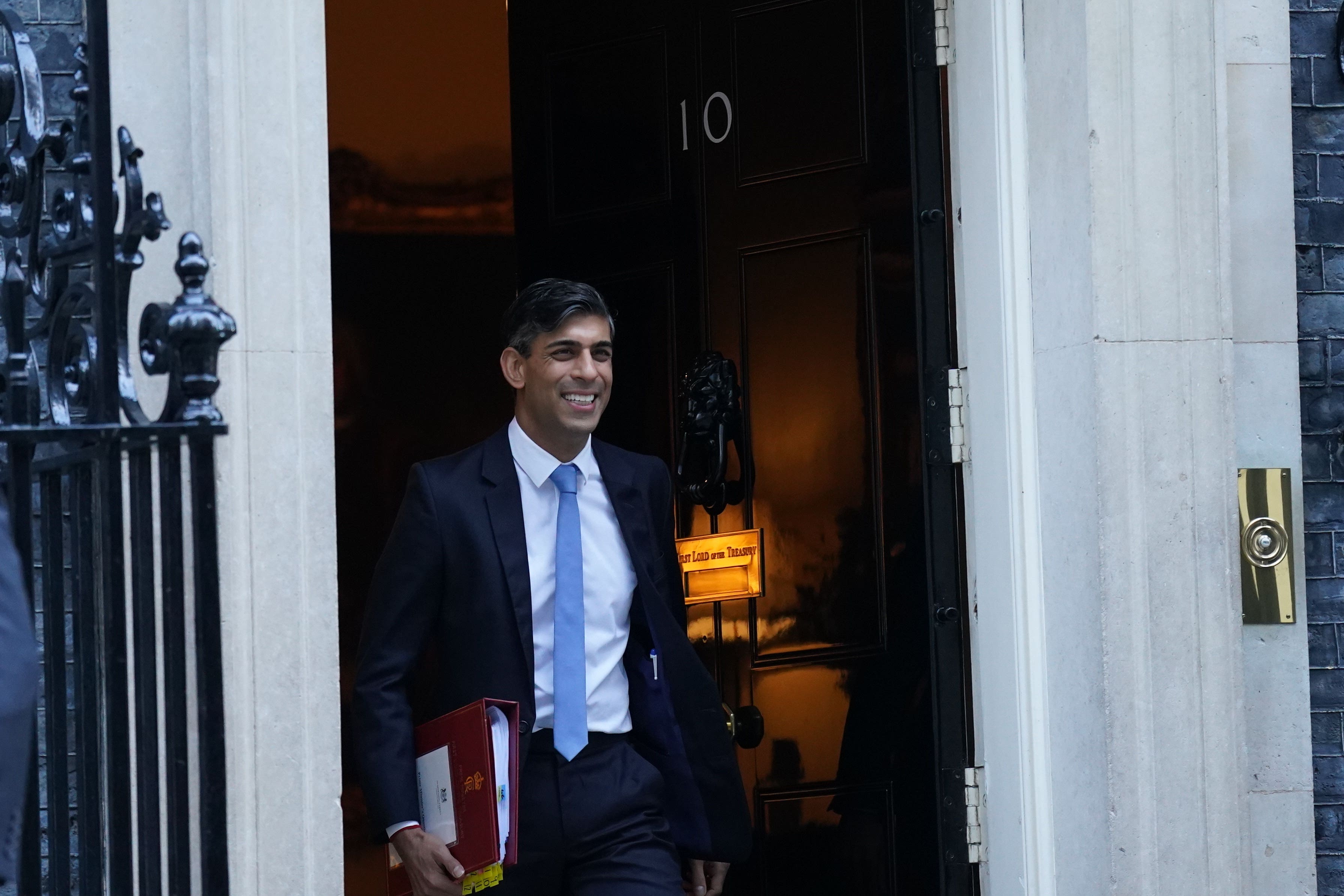As Rishi Sunak’s Rwanda bill faces its latest test, what is at stake for the PM?
The prime minister was warned by numerous Tory right-wingers that they would strike it down in the new year if he did not beef up the deportation plans

When Rishi Sunak’s Rwanda bill passed through the House of Commons last month, it was less a crisis averted and more a crisis delayed. The prime minister was warned by numerous Tory right-wingers that they would strike it down in the new year if he did not beef up the deportation plans.
But he was also warned by more than 100 of his more moderate MPs, from the One Nation Conservatives caucus, that they would vote against the bill if it fell foul of international law. Adding to the PM’s headache, the government in Kigali has warned that any indication that Britain might try to shirk its international responsibilities would see Rwanda pull out of the scheme.
And on Tuesday, all of Mr Sunak’s chickens are coming home to roost. Here, The Independent asks what is at stake for the prime minister, and what happens if his Rwanda plan fails.
What is happening?
On Tuesday and Wednesday, MPs will debate and eventually vote on the PM’s back-up Rwanda deportation bill – and any amendments to it. After plan A was ruled illegal by the Supreme Court in November, Mr Sunak and his home secretary James Cleverly quickly devised a plan B. The bill, which deems Rwanda a “safe” country in which to resettle asylum seekers, was published alongside a new, stronger treaty with the central African nation.
Despite warnings of a Tory revolt, it passed its second reading last month. MPs will now debate the bill and any amendments, including one tabled by right-wing Tory figurehead Robert Jenrick, which seeks to ensure that it disapplies provisions made in the Human Rights Act.
What is at stake?
If Mr Sunak refuses to budge, with sources close to the PM stressing that there is “little room for manoeuvre”, he faces a revolt by a significant number of Tory rebels. Mr Jenrick’s amendment has the backing of 56 MPs, enough to wipe out Mr Sunak’s majority in the Commons and torpedo the bill. But if the PM does accept major changes to the bill, he risks losing the support of more than 100 members of the One Nation caucus.
Mr Jenrick and former home secretary Suella Braverman have both threatened to vote the bill down unless it is strengthened, arguing that it would be better to start again from scratch than to pass a bill they believe will not allow flights to Rwanda to take off.
What if it passes?
If the bill passes, ministers hope that asylum seekers could start being deported to Rwanda by the spring – in time to demonstrate that the government is taking action before an autumn election. But it would then face its next hurdle, passing through the House of Lords, where members are likely to frown upon any move that puts Britain at odds with international law.
Even then, critics of the bill believe that flights would still be grounded for months as a result of appeals lodged by individual asylum seekers, setting the stage for further attacks on the PM from the Tory right.
And if it is rejected?
Mr Sunak has staked his premiership on the Rwanda plan, the flagship policy behind his “stop the boats” pledge. With a working majority of 54, failure to get the bill through parliament would be a serious test of the PM’s authority.
Before its second reading in December, Downing Street insisted it was not being seen as a vote of confidence in his leadership. But several senior Tories said otherwise, meaning his premiership could be plunged into turmoil.
A senior source on the Conservative right told The Independent they expected the bill to pass, giving the odds of defeat at around 30 per cent. And in a last-minute plea to his MPs, in an interview with The Mail on Sunday, Mr Sunak said: “Anyone who wants to tackle this problem should share that ambition and get behind it.”






Join our commenting forum
Join thought-provoking conversations, follow other Independent readers and see their replies
Comments